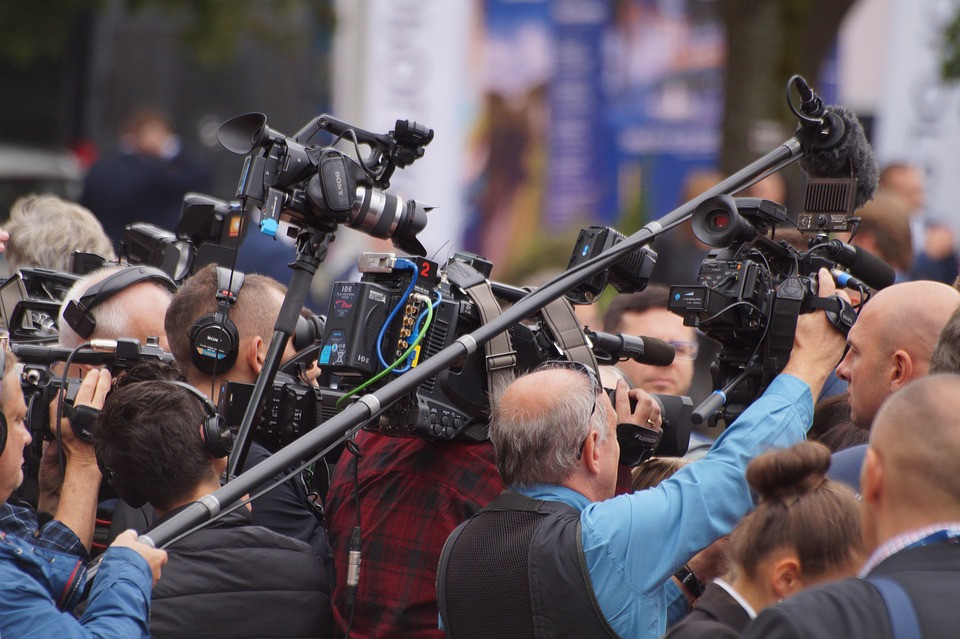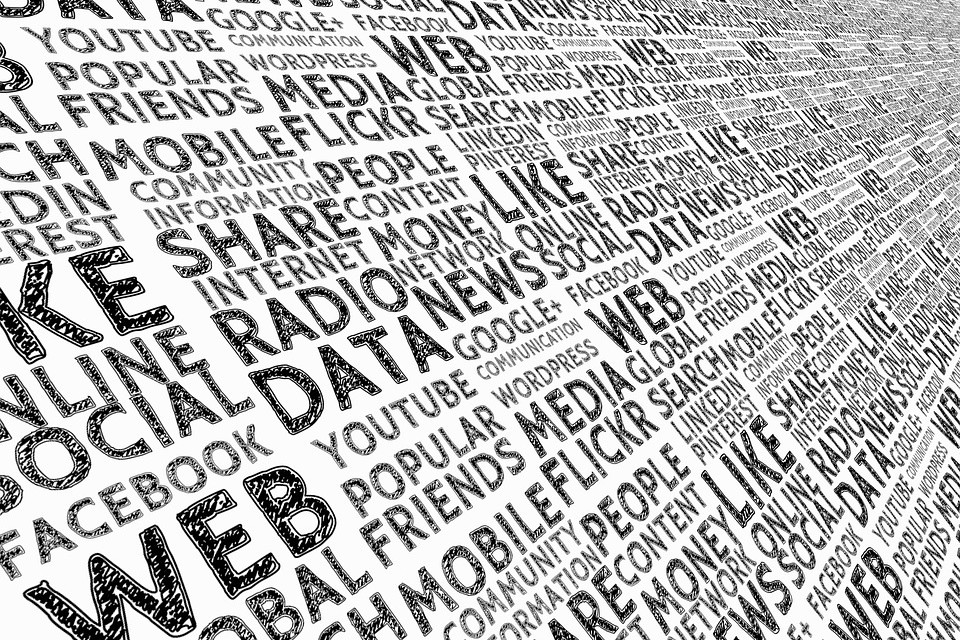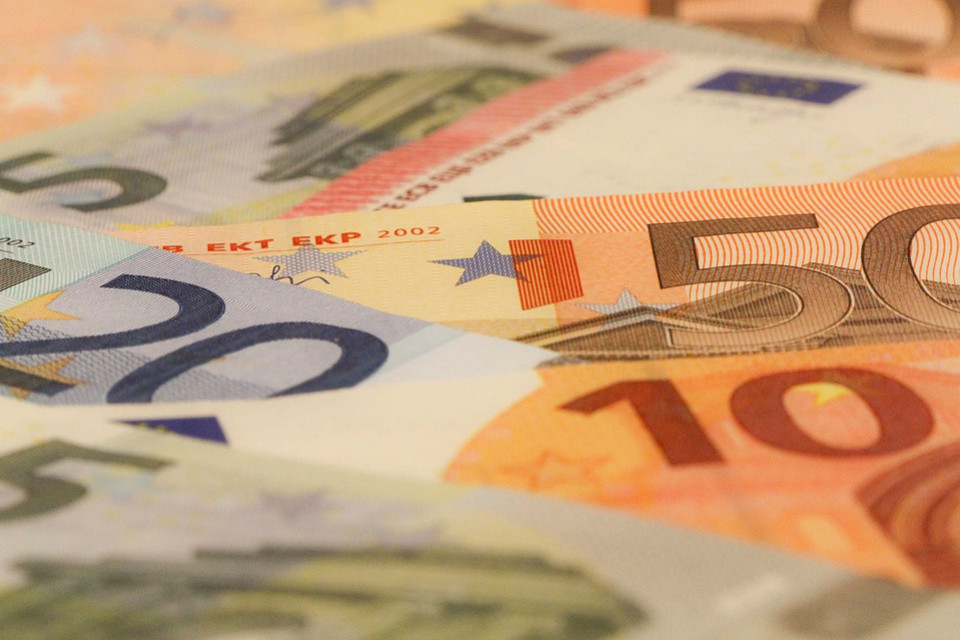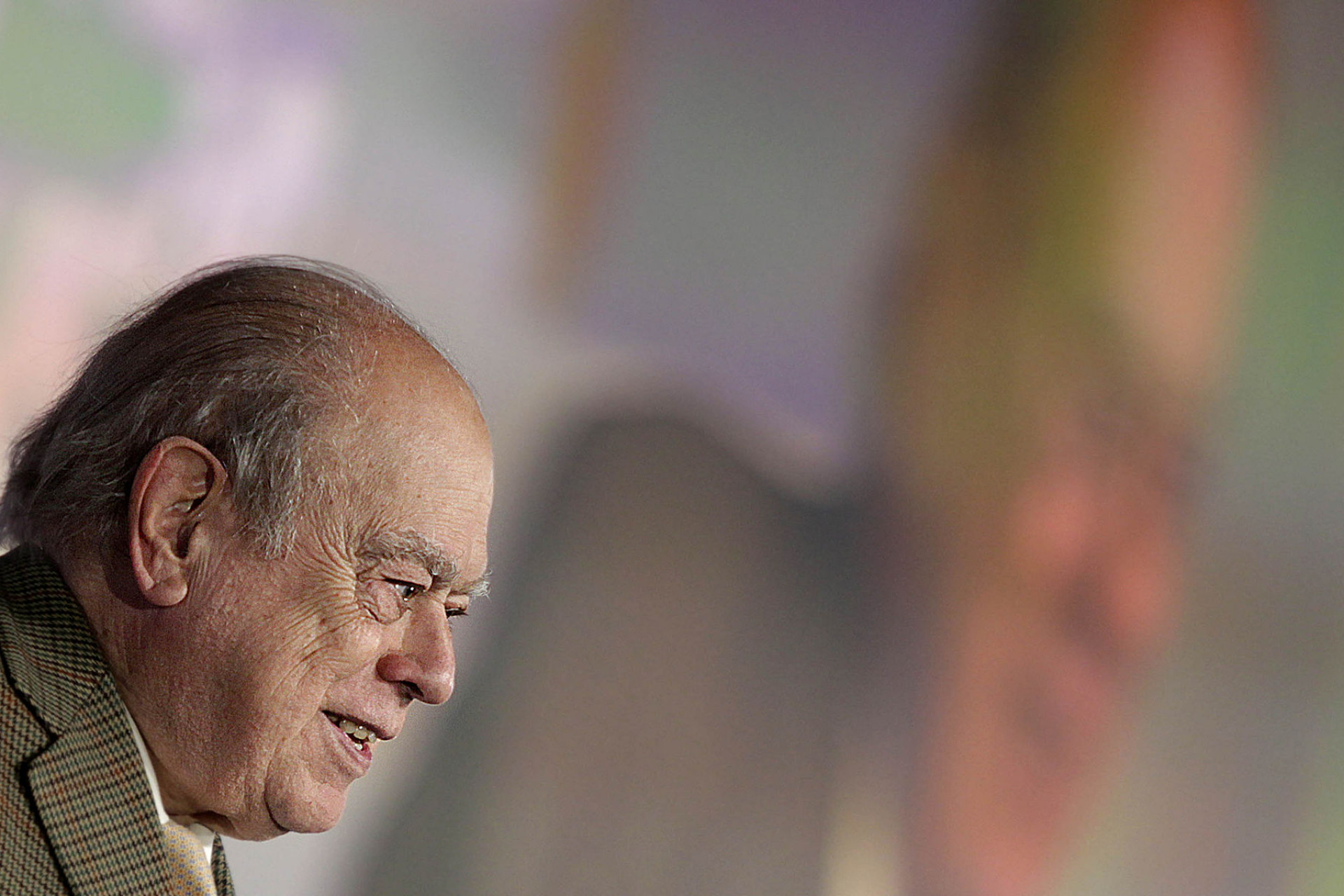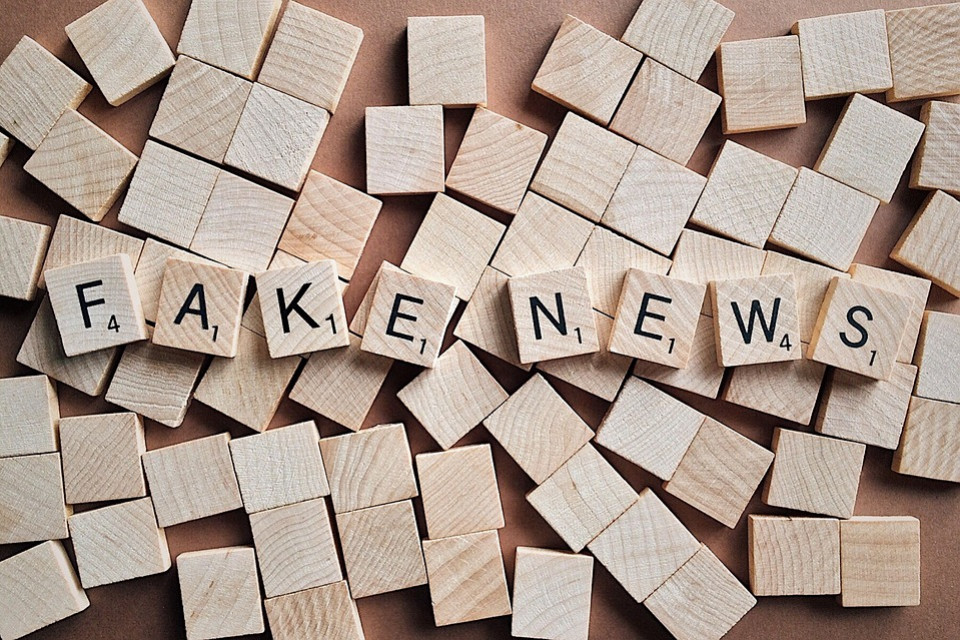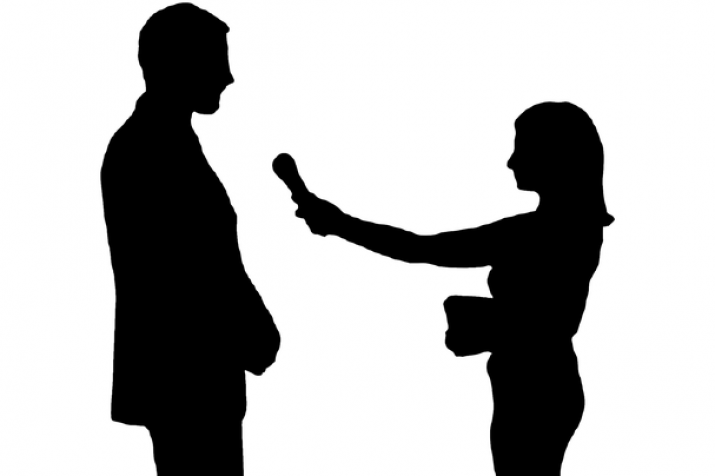Much has been criticized about the role played by TV3 and Catalonia Radio in favour of the independence thesis in the Catalonian crisis of recent months. It would be climb aboard the train of reproaches that, coming from the national media published in Madrid and some private Catalonian ones, have been directed at these media that should have been as plural as the society to which they are directed, and which are financed by the Treasury, this is to say by all of us.
But the analysis is not so simple going on simply the news biases, which without a doubt have occurred, it would not even be worth the comparison with the treatment of the news in the Catalonian case that Spanish public television has made, always obedient to theses of the PP government.
We would not approach either the diversity or the fanciful objectivity if we made a mix between the news we have seen these months about the events of Catalonia in the national public channel and that of the Catalonian Regional Government.
We do not get diversity simply by taking the antagonisms of the news contents on both sides, just as a temperate climate does not occur in a small country that had Siberian temperatures in the North and those of the Lut desert in the South.
Having said this, it is worth noting that since the 1st October Referendum in Catalonia, TV3 audiences skyrocketed by 63%, to 17.5% compared to 10% that they had reached up to this date. The same thing happened with Catalonia Radio, which obtained historically record figures, reaching almost 700,000 listeners. This phenomenon was accompanied by a decrease in TVE in the Catalonian territory and with a significant rebound of the Channel Six, which for some people represents the middle point of the news, between the opposing TVE and TV3 poles.
However, if we have to talk about media influence in the public media population in Catalonia, this would be relative, given the dispersion of audiences in the various television and radio channels. No television or radio station had an absolutely majority.
TV3 PARTICIPATION HAVE REDUCED TO 12%
There was a temporary phenomenon of news avidity given the serious events that were happening, particularly as a result of police charges of 1st October, but also by subsequent decisions in the Parlament, street demonstrations and implementation of Article 155, which suspended the Regional Government after the unilateral declaration of independence.
The Catalonian television and public radio stations made an unprecedented effort as regards the news, allocating practically all the programming to the "Procés", there was no medium that could compete with the direct ones in the place of the news, the endless rounds of discussion and the interviews in the four corners of the territory. Even so, only 17.5% of the viewers watched the Catalonian public channel. Three months later, TV3 has its seen its audience share reduced to 12%, losing half of the viewers it won during the initial moments of the conflict.
The toughest images of the police charges and demonstrations for independence were shown on the Catalonian public channel, while they seemed to have vanished from the initial focus of TVE. This gave them a clear advantage to start with.
One aspect that we should not ignore, given that it is relevant, and that a good part of the Catalonian private media are heavily subsidized by the Generalitat and those who defended the independence thesis redoubled their news efforts. There was a kind of symbiosis and support between the public media and some private media to give a voice to theses in favour of "Procés".
When it came to consider the intervention of TV3 and Catalonia Radio, with implementing 155, all the media of whatever leaning in Catalonia reacted against this hypothetical measure, invoking freedom of expression. It would have been a serious mistake, which fortunately did not happen.
There is a phenomenon of affinity between the ideology of the media and that of those following them, exaggerating only a little would be similar to what happens between a football fan and their club.
THERE HAS BEEN MUCH INFORMATION AND ALSO MUCH MANIPULATION
The general public seem to look for news references that reaffirm our own convictions, as opposed to those who question or contradict them. I think there was some of this during the "Procés", and there will continue to be so.
Those who wanted to find terms such as political prisoners instead of imprisoned politicians, President and Councillors, instead of ex-President and ex-Councillors, 1st October Referendum, rather than illegal Referendum, besides seeing commentators committed to the cause of Independence, or not watching the king's Christmas speech, because it was not shown in the programming, they already knew that they had to tune into TV3.
The spokespeople to mobilize the general public were situated on both sides, social networks were responsible for amplifying the sound with all its virtues and defects.
There has been much information, but also much manipulation, although sometimes we would say that we like to be deceived and act as a conveyor belt for passing on false and tendentious news, particularly if they are in line with our way of regarding reality.
For our public media to respond to the diversity of general public, it is not enough to fill our mouths with concepts such as the common good, at the service of the general public, diversity, free expression of ideas or the ethics of the journalistic profession. We would have to do an exercise of personal self-criticism and be open to opinions different from our own, but it seems that the term equidistance has become a forbidden word in this Catalonian process. Either you are for the independence movement, or you are aligned with the most archaic and immobile theses of Spanish unity.
When we find ourselves in times of social and political crisis, such as now in Catalonia, the public media take sides, many of the general public also do, turning a blind eye, and losing yet another level in the integrating role they would have to play, even if the audience statistics rise briefly.



